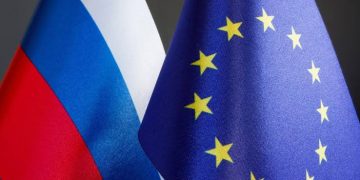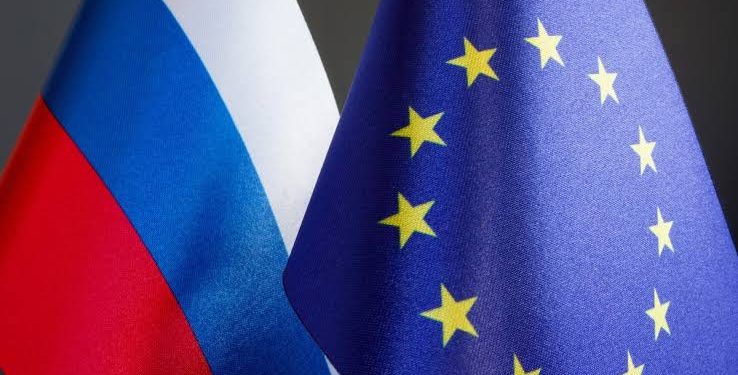By Enyichukwu Enemanna
At least four European Union countries sharing border with Russia have commenced steps to with effect from this month to limit people from Russia from entering Europe’s visa-free zone by land, saying they “are increasingly concerned about the substantial and growing influx of Russian citizens.”
“We believe that this is becoming a serious threat to our public security and to the overall shared Schengen area,” Estonian Prime Minister Kaja Kallas said Thursday. “There are people coming with the aim of undermining the security of our countries.”
The countries include, Poland, Estonia, Latvia and Lithuania. This they say is a common regional approach with the “political will and firm intention to introduce national temporary measures for Russian citizens holding EU visas.”
Estonian Prime Minister Kaja Kallas who announced this in a statement on Thursday said the measures should take effect in each of the four countries separately by Sept. 19.
“We emphasize that this is not an outright entry ban and commonly agreed legitimate exceptions will remain,” Kallas said, adding exceptions include dissidents, humanitarian cases, family members and holders of residence permits, among others.
“Travel to the European Union is a privilege, not a human right,” Kallas said, adding it was “unacceptable that citizens of the aggressor-state are able to freely travel in the EU, whilst at the same time people in Ukraine are being tortured and murdered.”
Kallas said most visas issued to Russians were made before Russia invaded Ukraine in February.
While Estonia and Latvia border the Russian mainland, Lithuania and Poland share borders with Russia’s exclave of Kaliningrad on the Baltic Sea.
At an European Union summit last month, the bloc’s 27 members were divided over whether to slap a broad visa ban on Russian citizens, torn between a desire to ramp up pressure on Russian President Vladimir Putin and concerns about punishing ordinary Russians who may not even support his war on Ukraine.
The EU already tightened visa restrictions on Russian officials and businesspeople in May, but Poland and the three Baltic countries have called for a broader ban on tourists. Germany and France are leading a push to tighten visa restrictions on Russians rather than impose an outright ban.




































